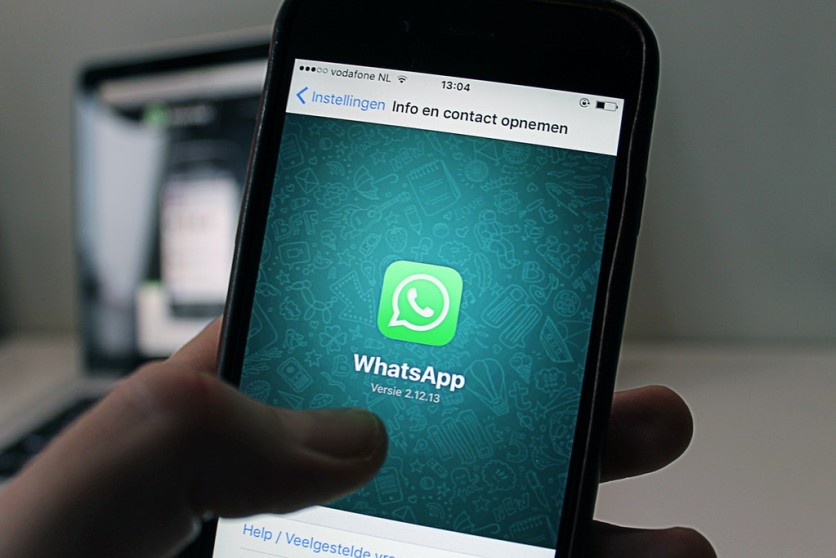Whatsapp is finally letting its users set up accounts in multiple secondary devices without the need for a smartphone connection.
In a post on the Facebook Engineering website, Whatsapp announced the "rollout of a limited public beta test for WhatsApp's updated multi-device capability."
"For years, people have been asking us to create a true multi-device experience that allows people to use WhatsApp on other devices without requiring a smartphone connection," the announcement reads.
According to the announcement, in order to be able to provide multi-device capability to its users, the app "had to rethink WhatsApp's architecture and design new systems to enable a standalone multi-device experience while preserving privacy and end-to-end encryption."
Whatsapp Multi-Device Capability: How It Works

Whatsapp users who are part of the limited multi-device capability public beta test can now use the app on their phones and four other devices simultaneously. That means, everything does not need to be routed to a user's phone any longer.
The four other non-phone devices can connect to a user's Whatsapp account independently. Users also need not worry about privacy and security along the way.
According to the Whatsapp announcement, "we have developed new technologies to maintain end-to-end encryption while still managing to sync your data - such as contact names, chat archives, starred messages, and more - across devices."
Related Article: WhatsApp Promises End-to-End Encrypted Voice and Video Calls for Desktop Users but Leaves Out One of the Hottest Features Today
How Whatsapp Maintains Multi-Device Security
In what Digital Trends describes as "technical wizardry" in its report, Whatsapp solves the security issue that comes with multi-device capability by using individual identity keys per device.
According to the report, "A combination of extended security codes and Automatic Device Verification means that devices can automatically establish trust between each other." Essentially, only a re-registration of an account will warrant a comparison of security codes.
Whatsapp also mentioned in its announcement that the company has "addressed the challenge of preventing a malicious or compromised server from eavesdropping on someone's communications by surreptitiously adding devices to someone's account."
To do this, Whatsapp has extended security codes which "now represent the combination of all of someone's device identities." Whatsapp has also announced it will roll out what it calls the Automatic Device Verification, which will solve the issue of performing identity verifications.
Other Whatsapp Support and Features Users Can Look Forward To
Previously, Whatsapp has announced a couple of features that it has launched for the benefit of its users. This includes the "Fast Playback" feature for voice messages. The company also announced that it is working on two new features called "disappearing mode" and "view once."
The disappearing mode will allow users to set a time limit for how long their messages will appear in the chat. The "view once" feature will delete photos and videos from the chat once the recipient has seen them.
Also Read: WhatsApp Backtracks its Privacy Policy Threat; App Functions Will No Longer be Limited
This article is owned by Tech Times
Written by Isabella James




